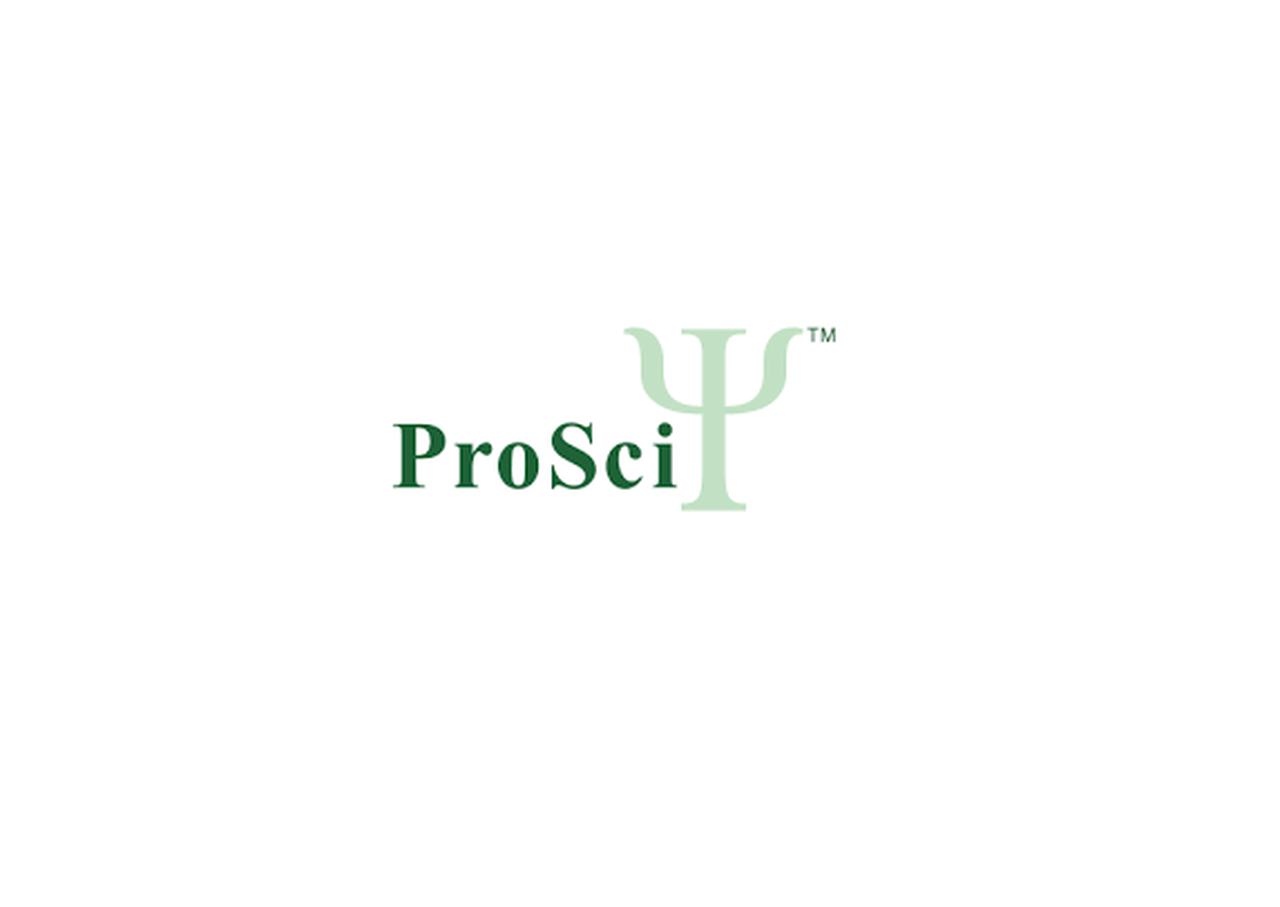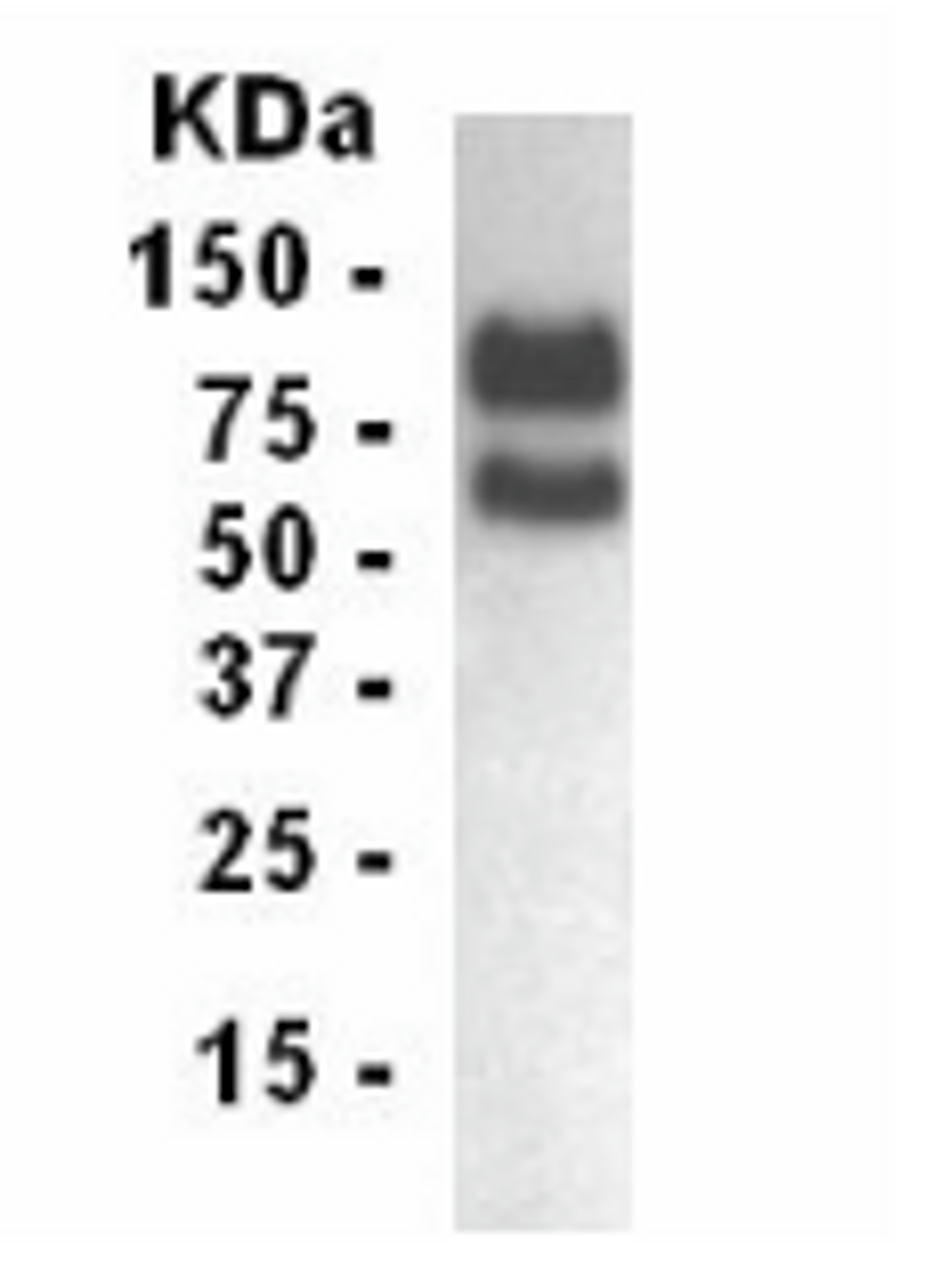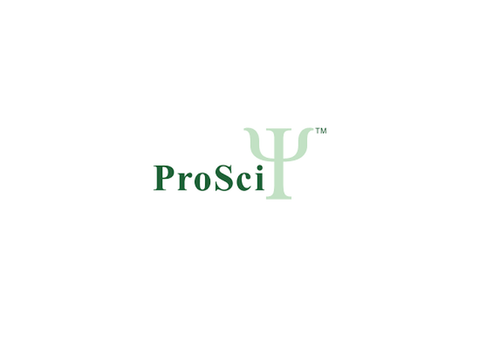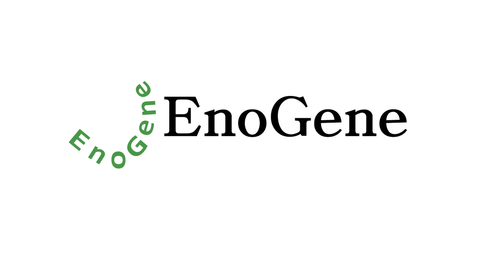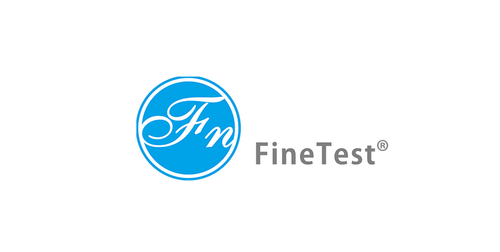Product Description
LDLR Antibody | XW-7339 | ProSci
Host: Chicken
Reactivity: Human, Mouse, Rat
Homology: N/A
Immunogen: 29-205
Research Area: Signal Transduction, Obesity,
Tested Application: WB
Application: LDL-R antibody can be used for the detection of LDL-R by Western blot, may also work for IHC and ICC.
Specificiy: N/A
Positive Control 1: N/A
Positive Control 2: N/A
Positive Control 3: N/A
Positive Control 4: N/A
Positive Control 5: N/A
Positive Control 6: N/A
Molecular Weight: 95.4 kDa (calculated)
Validation: N/A
Isoform: N/A
Purification: Antigen affinity-purified
Clonality: Polyclonal
Clone: N/A
Isotype: N/A
Conjugate: Unconjugated
Physical State: Liquid
Buffer: Phosphate-Buffered Saline. No preservatives added.
Concentration: 1 mg/mL
Storage Condition: LDLR antibody can be stored at 4˚C for short term (weeks) . Long term storage should be at -20˚C. As with all antibodies care should be taken to avoid repeated freeze thaw cycles. Antibodies should not be exposed to prolonged high temperatures.
Alternate Name: Low-density lipoprotein receptorLDL receptor, FH, FHC, LDLCQ2, LDLR
User Note: Optimal dilutions for each application to be determined by the researcher.
BACKGROUND: Low density lipoprotein receptor. The low density lipoprotein receptor (LDLR) gene family consists of cell surface proteins involved in receptor-mediated endocytosis of specific ligands. Low density lipoprotein (LDL) is normally bound at the cell membrane and taken into the cell ending up in lysosomes where the protein is degraded and the cholesterol is made available for repression of microsomal enzyme 3-hydroxy-3-methylglutaryl coenzyme A (HMG CoA) reductase, the rate-limiting step in cholesterol synthesis. At the same time, a reciprocal stimulation of cholesterol ester synthesis takes place. Mutations in this gene cause the autosomal dominant disorder, familial hypercholesterolemia.
 Euro
Euro
 USD
USD
 British Pound
British Pound
 NULL
NULL

